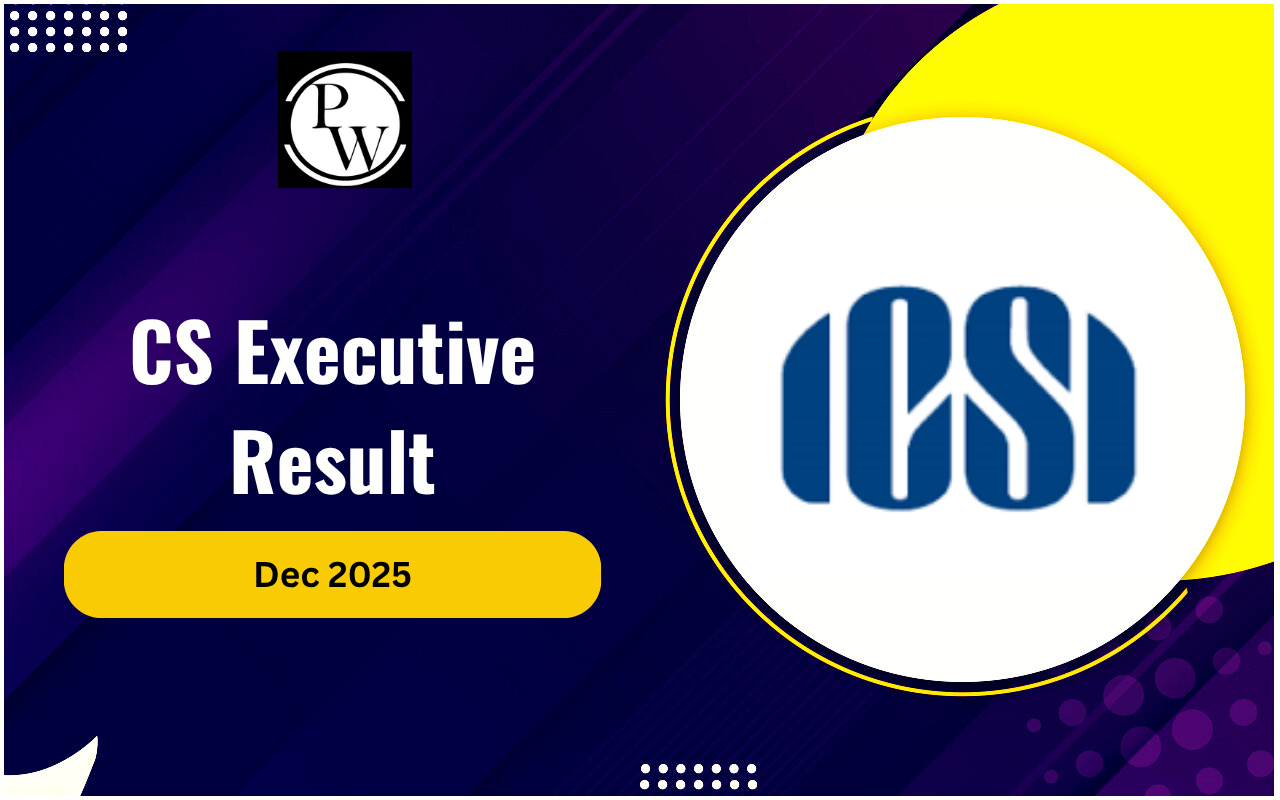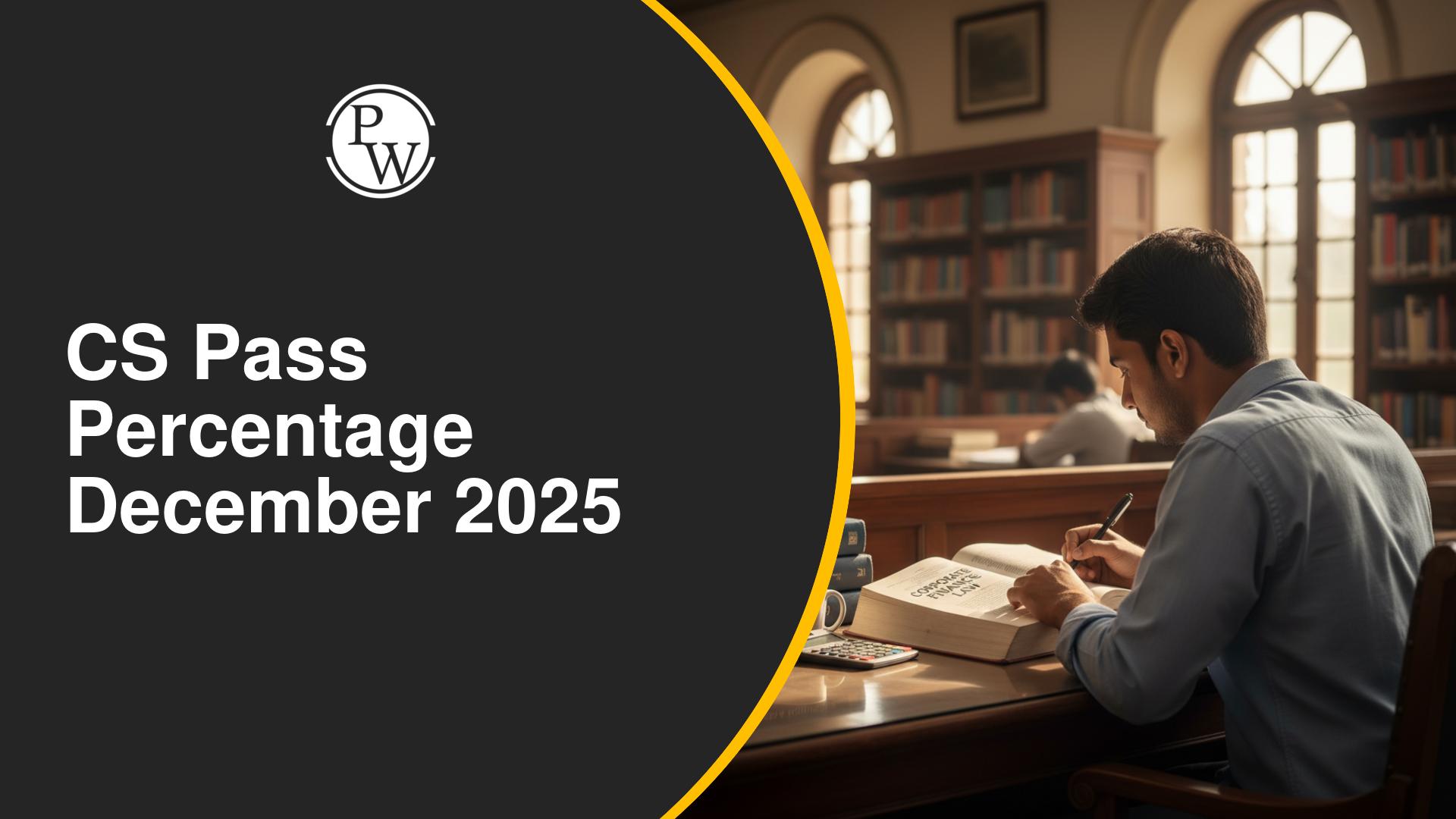
Data protection and data privacy are often confused, but they're not the same. Data privacy is about who can access data, while data protection involves the tools and rules to limit that access. Regulations make sure companies follow privacy requests and safeguard user data.
This is crucial for personal health and identifiable information. It's vital for business success, development, and finances. Protecting data helps avoid breaches, reputational harm, and ensures compliance. To achieve this, company secretaries use technologies like data loss prevention, secure storage, firewalls, encryption, and endpoint protection.What Is Data Privacy?
Data privacy is about handling personal information in line with laws and privacy guidelines. It means controlling who can access data, getting permission when needed, and keeping data accurate. It's crucial for businesses to prioritize data privacy. Not doing so can result in serious consequences like legal trouble, hefty fines, and harm to their reputation. Data privacy is just one aspect of data governance, which involves understanding what data you have, where it's stored, how it moves in your systems, and its usage. Following data governance best practices helps maintain data accuracy and trust.Why Is Data Privacy Important?
Protecting privacy is crucial as it's seen as a basic human right in many places. Laws exist to ensure this right is respected. It's vital for people to feel safe sharing information online, so they need assurance that their data will be handled responsibly. Companies follow data protection rules to show customers they can be trusted with personal information. When personal data isn't kept private, or people can't control its use, several problems arise:- Criminals might use it for fraud or harassment.
- Entities might sell it to advertisers without permission, leading to unwanted marketing.
- Tracking activities can limit freedom of expression, especially in oppressive regimes.
Also Read: Company Secretary as Scrutinizer in E-voting
Data Protection
In today's digital age, sensitive data is a big deal. This can include anything from a company's financial details to information about individuals. When we talk about individuals, we're referring to personal data, which is any information that can identify a person. It's not just obvious things like names or Social Security numbers; it could be something less apparent, like an IP address or cookie data. Basically, if a piece of information can lead back to a specific person, it's considered personal data. Protecting this data is crucial, especially in the business world. Laws around the globe regulate the handling of personal information, such as credit card details or health records, to ensure privacy and security.Data Protection Regulations
Data privacy laws outline rules for gathering, storing, and sharing data with others. The two major laws you need to know are:GDPR: This law from the European Union covers a broad range of data privacy concerns. It applies to EU citizens and any businesses dealing with them, even if they're not in Europe. GDPR gives people control over their data, allowing them to request its deletion and be informed about any breaches. Failing to comply can lead to significant fines and legal trouble.
CCPA: This regulation in California, USA, gives residents the right to know what personal data companies have on them, request its deletion, and learn about data shared with third parties. These rules apply to data collected within California.
Data Privacy Technologies
Data privacy hinges on advanced technologies that shield your information from prying eyes. Encryption stands out as a vital tool, converting data into an unreadable format, accessible only to those with the decryption key. Access control adds another layer of defense, ensuring only authorized users can enter systems and access data. When coupled with data loss prevention (DLP), it becomes even more potent, preventing sensitive data from slipping beyond the network's borders. For everyday users, two-factor authentication offers a robust defense, making it significantly harder for attackers to breach personal accounts. While these technologies bolster data privacy, it's crucial to remember that safeguarding data requires more than just technology; it demands comprehensive strategies and vigilant practices. Take charge of data privacy with PW Company Secretary Courses! Learn essential skills for safeguarding sensitive information. Enroll now!Data Privacy and Protection Regulations FAQs
What is the difference between data privacy and data protection?
Why is data privacy important for businesses?
What are the major data privacy regulations worldwide?
How do data privacy technologies like encryption and access control work?
What are the consequences of neglecting data privacy measures?










